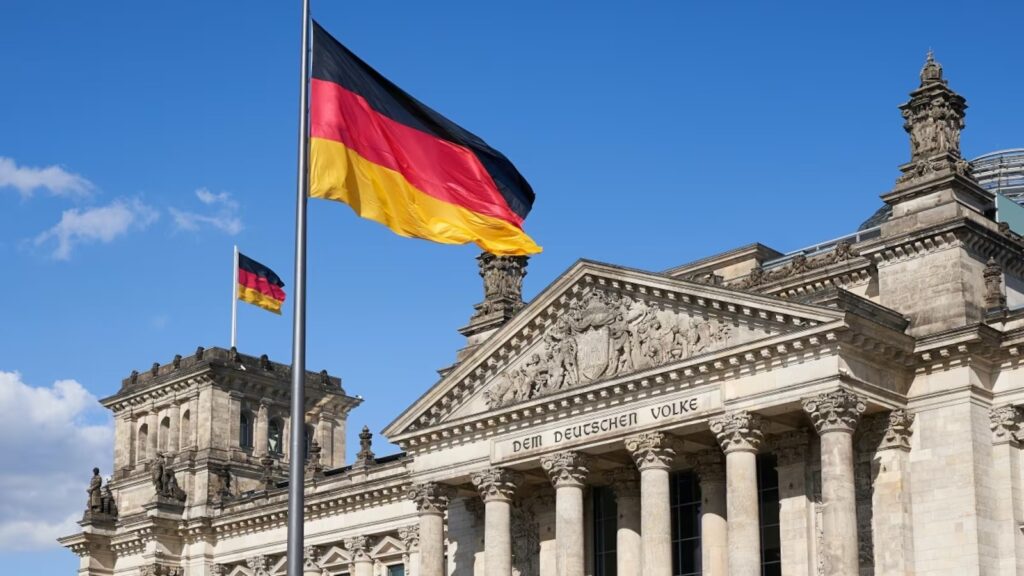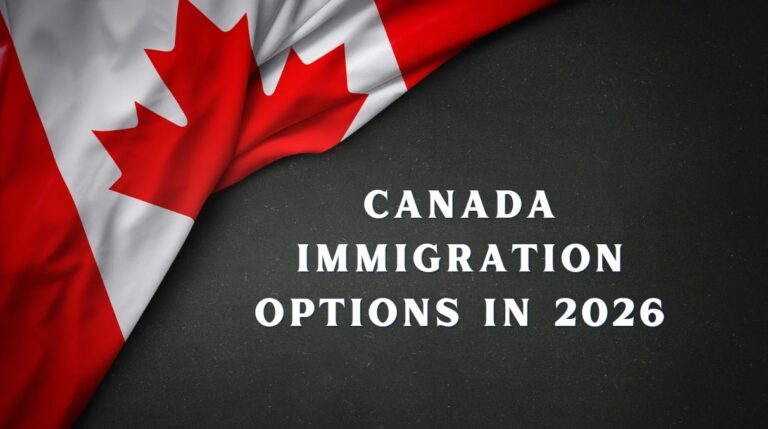
Germany Approves Citizenship Law Reforms to Boost Integration and Attract Skilled Workers
German lawmakers, in a significant move, voted 382-234 to pass legislation aimed at easing citizenship rules and removing restrictions on dual citizenship. The reforms, supported by Chancellor Olaf Scholz’s coalition, aim to enhance immigrant integration and attract skilled workers.
Under the new law, individuals can qualify for citizenship after residing in Germany for five years, or three years with “special integration accomplishments,” reducing the current requirements of eight or six years. German-born children automatically acquire citizenship if one parent has been a legal resident for five years, down from the previous eight.
The legislation also eliminates restrictions on dual citizenship, a departure from the previous requirement for many non-European Union citizens to renounce their nationality upon gaining German citizenship.
Approximately 14% of Germany’s population, over 12 million people, lack German citizenship, with around 5.3 million residing in the country for at least a decade. Interior Minister Nancy Faeser emphasizes alignment with European neighbors like France and the need to attract skilled workers.
The law requires naturalization seekers to be self-sufficient, with exemptions for certain groups. The commitment to the “free democratic fundamental order” is maintained, explicitly stating that antisemitic and racist acts are incompatible.
Chancellor Scholz addresses concerns over the far right’s stance on immigrants, emphasizing that the reform ensures individuals don’t have to “deny their roots.” The conservative opposition argues against relaxing citizenship requirements, citing potential political conflicts.
This citizenship law overhaul is part of broader social reforms, marking a significant step forward in shaping Germany’s social and immigration policies.
Germany’s Skilled Worker Law: Three Phases of Change
1. Effective November 18, 2023: EU Blue Cards regulations modified to improve chances for skilled workers.
2. Expected changes as of March 1, 2024:
– Adaptable Routes for Education and Certification: Flexible provisions for individuals pursuing qualifications in Germany corresponding to their training abroad. Part-time employment allowed for training, with consent from German employers.
– Family Reunification Simplified: Talented Immigration Act expedites family reunification procedures for spouses, minor children, and parents or parents-in-law. Reduced burden on proving living space, with the necessity to demonstrate livelihood support.
These changes aim to enhance the environment for skilled workers in Germany, aligning with broader social and immigration reforms.
Looking forward to getting more information on the migration program Call or WhatsApp us 00974 4493 4528
Connect with us to get updates on our regular Immigration and hiring updates 🤝🏻
💬Official Whatsapp Channel | 💬 Whatsapp Community | 👍 Facebook | 📸 Instagram | 💼 LinkedIn







